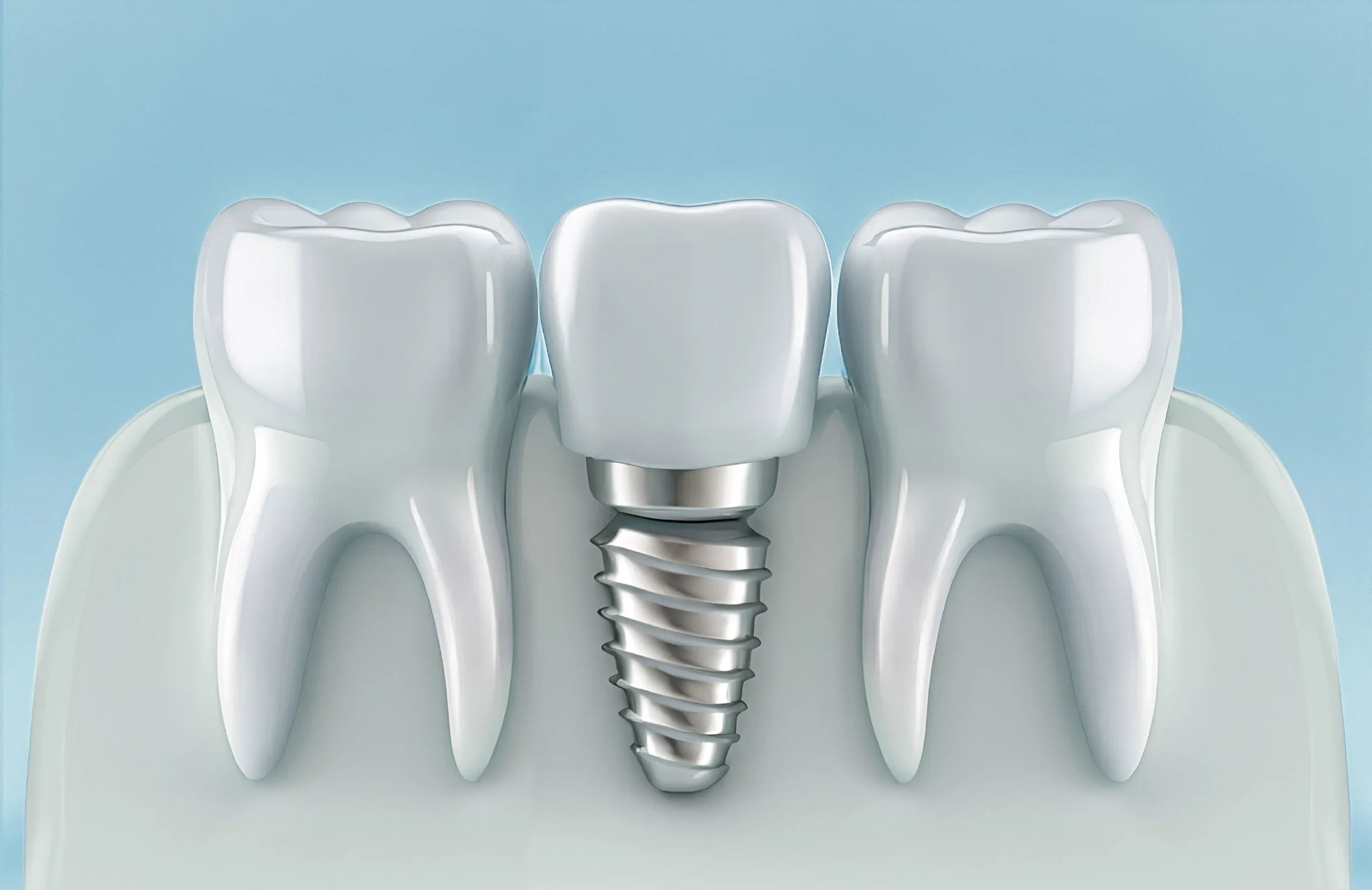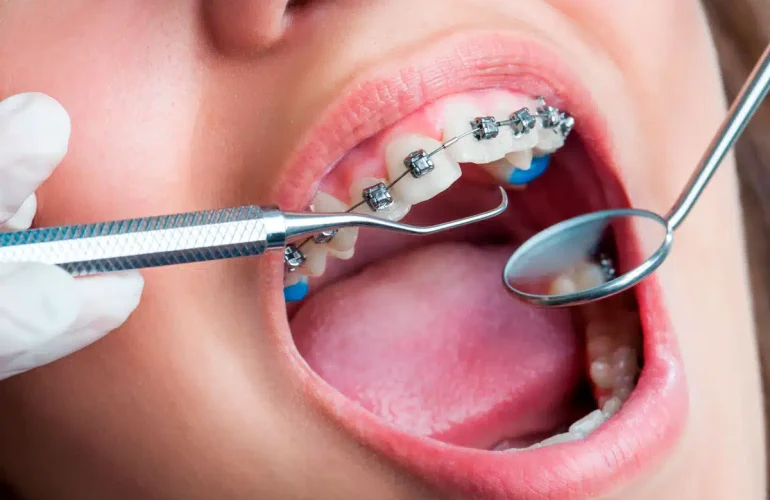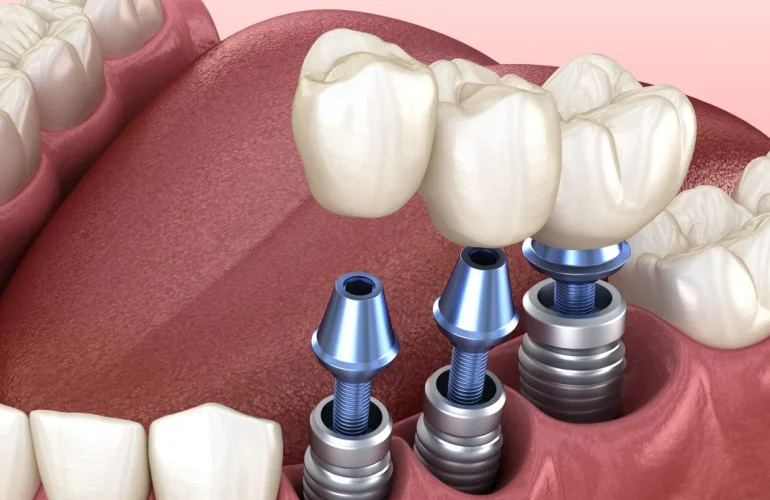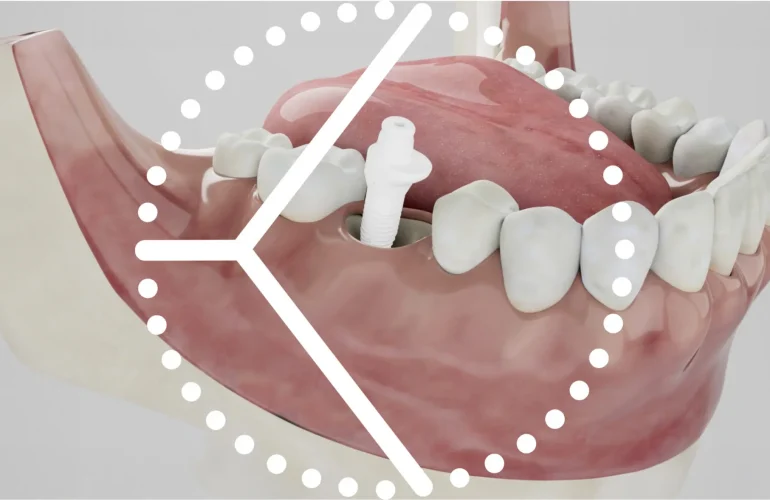Dental implants are a transformative solution for restoring missing teeth and improving overall oral health. To achieve optimal outcomes, it is crucial to carefully prepare before undergoing implant treatment. Comprehensive preparation ensures reduced complications, enhanced healing, and long-lasting results. Below, we outline the top seven actions every patient should take prior to their implant procedure, providing detailed guidance for a smooth and successful experience.
1. Schedule a Comprehensive Dental Examination
A thorough dental examination is the cornerstone of a successful implant procedure. During this evaluation, we assess:
Existing oral health conditions, including cavities, gum disease, or infections.
Jawbone structure and density, crucial for determining whether bone grafting is necessary.
Alignment and occlusion, to ensure the implant integrates seamlessly with surrounding teeth.
Advanced imaging techniques, such as CBCT scans or panoramic X-rays, provide a 3D view of the jaw, enabling precise planning. Identifying potential issues before surgery allows for tailored solutions that maximize implant longevity.
2. Review Your Medical History Thoroughly
A comprehensive review of your medical history is essential for safe implant treatment. Key considerations include:
Chronic illnesses such as diabetes, heart disease, or osteoporosis, which can affect healing and bone integration.
Medications that impact blood clotting or immune response, including anticoagulants and immunosuppressants.
Previous surgeries or radiation therapy in the head and neck area, which may require specialized planning.
Sharing detailed medical information allows our team to customize anesthesia, surgical approach, and post-operative care, ensuring a safe and smooth procedure.
3. Address Gum and Oral Health Issues
Healthy gums are critical for implant success. Prior to treatment, we recommend:
Treatment of periodontal disease or gum infections.
Deep cleaning or scaling, removing plaque and tartar buildup.
Restoration of decayed teeth, preventing future complications that could jeopardize the implant.
Ensuring a healthy oral environment reduces the risk of infection and promotes rapid osseointegration, the process where the implant fuses with the jawbone.
4. Evaluate Bone Density and Consider Bone Grafting
Adequate bone support is essential for implant stability. If imaging reveals insufficient bone, bone grafting procedures may be required. Options include:
Autografts using the patient’s own bone.
Allografts sourced from tissue banks.
Synthetic grafts made from biocompatible materials.
Bone augmentation not only strengthens the jaw but also prevents future bone loss, ensuring that implants have a stable and durable foundation.
5. Plan for Nutritional Support and Lifestyle Adjustments
Optimal healing and recovery depend on proper nutrition and lifestyle management. Key recommendations include:
Balanced diet rich in vitamins and minerals, especially calcium, vitamin D, and protein.
Hydration to support tissue repair.
Cessation of smoking or limiting alcohol, as these can significantly delay healing and increase the risk of implant failure.
Adopting a healthy lifestyle before and after the procedure improves overall outcomes and longevity of the implant.
6. Prepare Mentally and Understand the Procedure
Dental implants involve surgical intervention, and understanding the process helps reduce anxiety. Important steps include:
Learning about each stage: anesthesia, implant placement, healing, and final restoration.
Setting realistic expectations regarding recovery time, discomfort, and results.
Planning time off work if needed for the initial healing period.
A well-prepared patient is more likely to adhere to post-operative instructions, which is crucial for successful integration and recovery.
7. Arrange Post-Surgical Care and Follow-Up
After implant placement, proper post-operative care is critical. Preparations should include:
Scheduling follow-up appointments to monitor healing and detect any early complications.
Stocking soft foods and oral hygiene products, including gentle brushes and antiseptic rinses.
Planning for transportation, especially if sedation is used, as patients should avoid driving immediately after surgery.
Establishing a clear post-surgical plan ensures smooth recovery and reduces the likelihood of infection, inflammation, or implant failure.
Additional Considerations for High Success Rates
To further enhance outcomes, patients should:
Discuss anesthesia options with the dentist, including local anesthesia, sedation, or general anesthesia for complex cases.
Understand potential risks, such as infection, nerve injury, or implant rejection, and learn how to mitigate them.
Maintain consistent oral hygiene habits before the procedure, creating a clean environment for the implant.
Coordinate with specialists if multiple implants or full-arch restorations are planned, ensuring comprehensive care.
Proper preparation before a dental implant procedure is as important as the surgery itself. By scheduling a comprehensive dental examination, reviewing medical history, addressing gum and bone health, planning nutritional support, and arranging post-operative care, patients significantly increase their chances of successful and long-lasting results. These seven preparatory steps ensure that the implant procedure is safe, effective, and minimally invasive, providing patients with a confident, fully functional, and aesthetically pleasing smile.






